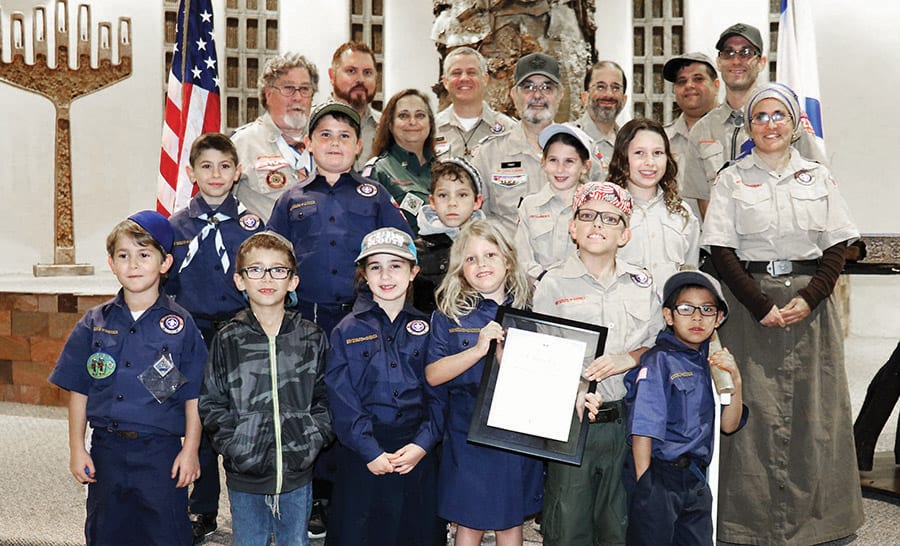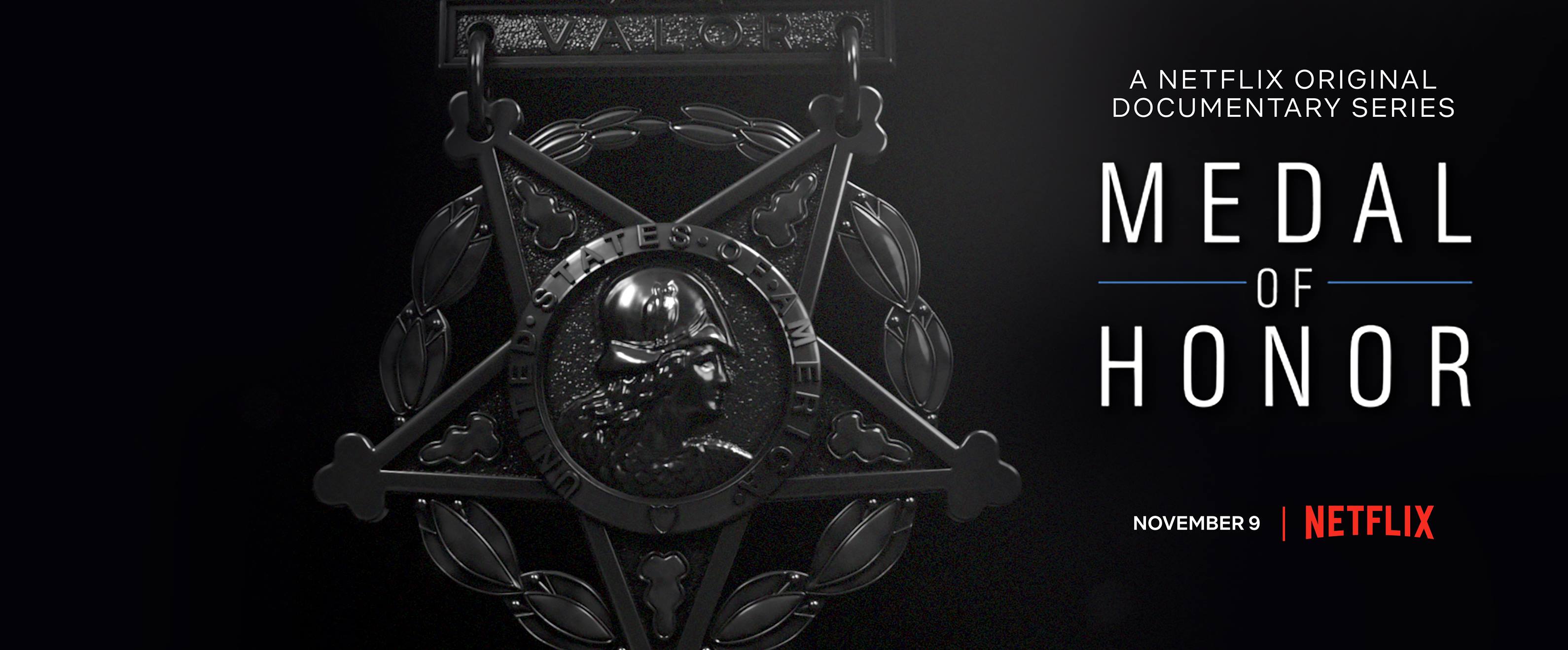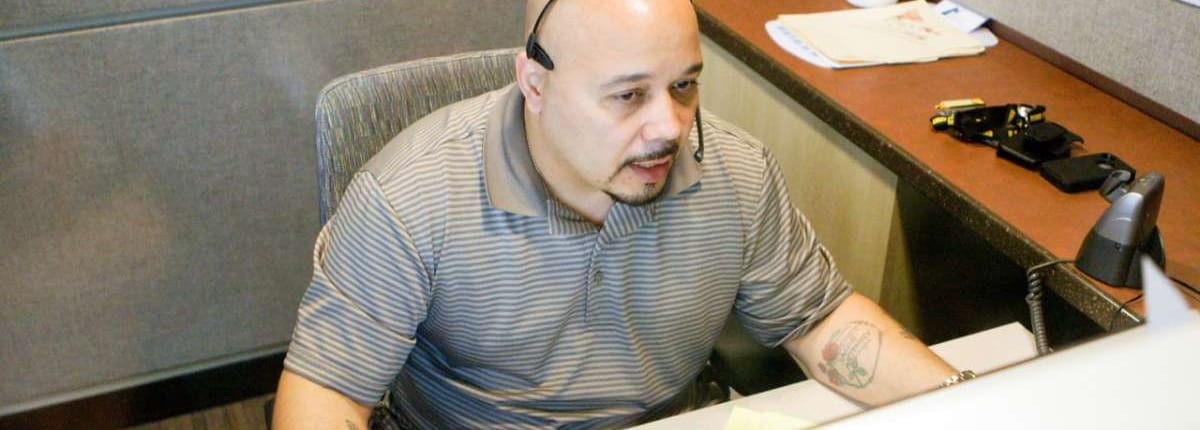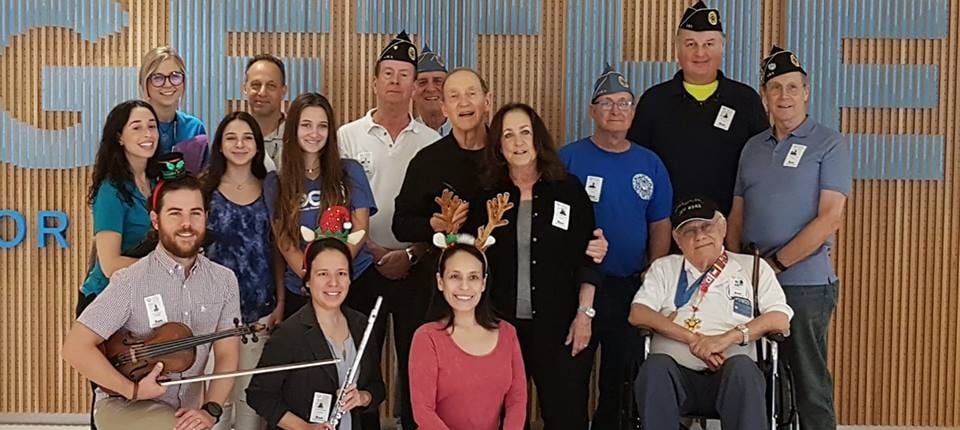By Chaplain (COL) Larry Bazer
After almost 30 years in the military, I’m still amazed with the surprise of people learning that I’m actually a soldier or more specifically—National Guardsman, and a rabbi! I even get, “You mean the Israeli Army, right?” “No, I’m in the US Military. I’m a United States Army officer and Jewish Chaplain.”
Jewish have served in the American armed forces since the Revolutionary War. During war and peace time, rabbis have marched, sailed, or flown along with our brave American troops, caring for both Jews and Gentiles. There are Jewish chaplains on full-time active duty and others with both Reserve components, either Reserve or National Guard. Only the Army and Air Force have both Reserve and National Guard, Navy and Marines only have the Reserve.
What do Jewish chaplains do? Pretty much the same as any chaplain, regardless of religious denomination. We all care for the living, we also counsel, visit, or tend to those in need, or the most sacred work, honor the dead. We do both staff officer and clergy work. When I was deployed to Afghanistan the second half of 2011, I was on my commanding general’s special staff, and I was the only Jewish chaplain in the entire operational theater. One of the most memorable experiences I had was leading a Hanukkah Menorah lighting on my base, Camp Phoenix in Kabul. On a cold, wintery night, twenty-five people gathered around a five foot Hanukkiyah I had specially built. We were from all branches of service as well as government contractors. Not everyone who attended was even Jewish. I was proud to lead them in the blessings and songs. We finished up by feasting on latkes and sufganiyot (jelly donuts). This scene was replicated all over the world on military bases or ships by Jewish chaplains or lay leaders. All were serving our nation as Jewish military personnel.
Presently, I’m serving on active duty at the National Guard Bureau in Arlington, VA, after being a full-time pulpit rabbi for 25 years. For most of my military career I was part-time in both the Massachusetts and New York Army National Guard. I was a “weekend warrior…minus Shabbat.” I, like many Reserve Component rabbis, held other positions like pulpit, education, or hospital chaplaincy. When in uniform, I delivered prayers at many military ceremonies, or did counseling, or even gave the hamotzi at JWV events. In my present role, I’m overseeing the religious response mission of the National Guard’s domestic response or its State Partnership program with other nations’ armed forces. Luckily, I still get to teach some Jewish text or lead Hanukkah celebrations at the Guard Bureau or even at the Pentagon.
This coming April will be 30 years since I raised my right hand in the Jerusalem Consulate of the United States Embassy and took an oath to support and defend the Constitution of the United States as an army officer. Ever since that sacred moment, I’m proud to wear the uniform of an US Army officer. I’m proud to wear the Jewish chaplain’s tablets on my uniform. I’m proud to be military combat veteran, and I’m proud to stand shoulder to shoulder with my fellow Jewish War Vets, all of us, members at one time, of our United States military! For God and Country!
Chaplain (COL) Larry Bazer is the Deputy Director of the National Guard Bureau-Office of the Joint Chaplain. Prior to serving on active duty, he was the Joint Forces State Chaplain for the Massachusetts National Guard and the rabbi of Temple Beth Sholom in Framingham, MA. He is still a proud member of Framingham/Natick JWV Chapter and MA Jewish War Veterans.
Volume 73. Number 1. 2019







